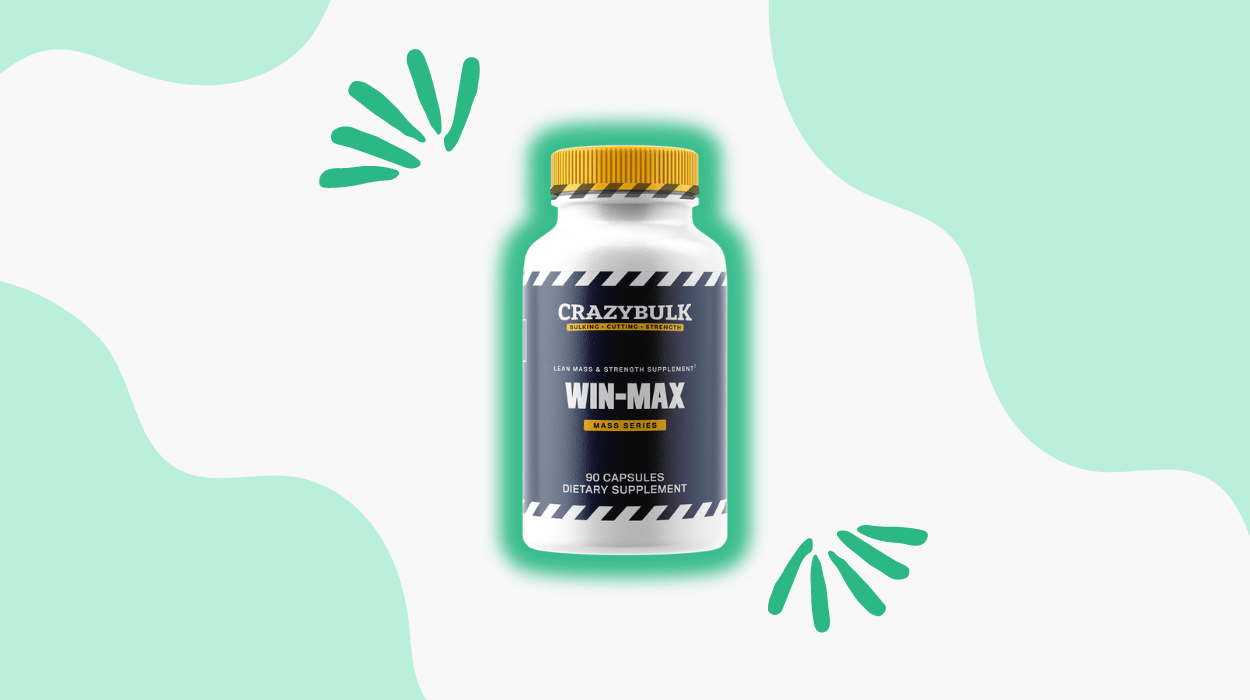

There is an intricate connection between your Anxiety and digestive health. This link might lead to disturbing conditions like IBS.
Stress and Anxiety might trigger IBS breakouts. When you are in a tense situation or find yourself excessively worrying about it, you might experience diarrhea, bloating, or stomach pain accompanying it.
Digestive problems are exacerbated when you are dealing with Anxiety. Sometimes, your gut disturbance could contribute to increased feelings of Anxiety and stress.
While Anxiety may not be the direct cause of IBS, it can contribute to the severity and frequency of flare-ups.
Understanding the complex interplay between Anxiety and IBS is crucial for developing effective management strategies.
You can work towards managing symptoms by understanding Anxiety and IBS connection’s psychological and physiological aspects.
 What Is IBS?
What Is IBS?IBS is a common disorder that might affect your intestines and stomach. It could develop after severe diarrhea caused by a virus or bacteria.
Irritable Bowel Syndrome, or IBS, might be the result of excessive bacterial growth in the intestines. Common symptoms of IBS include:
Anxiety and IBS may share common neurological pathways, leading to a bidirectional relationship where heightened Anxiety can worsen IBS symptoms and vice versa.
As per a study, people with IBS are more prone to anxiety disorders than people without IBS. Digestive health could influence cognitive health, particularly the mood-regulating chemicals like serotonin.
The excess release of cortisol hormone and stress-related chemicals due to Anxiety could trigger abdominal discomfort, alter gut bacteria composition, and disrupt bowel movements.
Physical activities like walking, running, and swimming can reduce stress and promote healthier bowel function. This could further contribute to the overall well-being of people with IBS.
| Reduces stress and depression | Promotes healthier bowel function | Prevents bowels from overreacting |
| Improves overall well-being | Enhances mental clarity | Boosts mood and energy levels |
Identifying and avoiding specific foods that trigger IBS symptoms could significantly reduce discomfort and improve digestive health.
Therapy may play an important role in managing irritable bowel syndrome (IBS) by addressing the mind-body connection and providing strategies to handle triggers and challenging situations.
Cognitive Behavioural Therapy: It may assist in recognizing and changing negative thought patterns that may intensify IBS symptoms.
Psychodynamic Therapy: It may focus on exploring the emotions and subconscious factors influencing IBS, helping you identify and address underlying issues.
Hypnotherapy: It could aid in managing stress and Anxiety by creating a state of relaxation and heightened focus.
Biofeedback: It may help you gain control over physiological responses, such as bowel movements, by providing real-time feedback on bodily functions.
The management of IBS-related abdominal pain often involves the use of specialized medications targeting the muscular and psychological aspects of discomfort.
Soluble fibers, such as psyllium (Metamucil), are available at OTC. It may provide some constipation relief and reduce discomfort.
Miralax may address IBS-related constipation by pulling water into the intestines to encourage bowel movements. However, sometimes it may lead to bloating and discomfort.
Other prescription medications like Amitiza (for females under 65) may be considered for adult women experiencing IBS with constipation.
Loperamide, available over-the-counter as Imodium, is a commonly used medication to address diarrhea associated with IBS. This medication works by slowing down gut and bowel movements, providing relief from frequent and urgent bowel movements.
Viberzi is another option for treating IBS-related diarrhea, but it is a prescription medication with some limitations.
Practices like meditation, yoga, and tai chi may cause a relaxation response in your body, helping to relieve Anxiety and reduce the likelihood of IBS flare-ups.
Utilizing relaxation techniques such as visualization and deep breathing exercises may help restore calmness during times of heightened Anxiety, thus preventing potential IBS symptoms.
Anxiety Disorder, or AD, is a mental health condition that causes excessive worry, feelings of fear, and uneasiness. Physical symptoms such as a fast heart rate, fatigue, and sweating can also accompany anxiety disorders.
Though everyone experiences stress and worry, when these worries become overwhelming and affect normal functioning, it may indicate an anxiety disorder.
There are various types of anxiety disorders:
Anxiety can disrupt regular bowel movements, leading to constipation or irregularity in stool patterns. It may manifest as stomach pain or discomfort, exacerbating existing gastrointestinal issues.
Anxiety may also cause muscle tension in the gastrointestinal tract, potentially resulting in cramping or abdominal tightness. It might increase pain sensitivity and stomach discomfort.
Studies have proposed two main ideas: one suggesting that Anxiety could lead to digestive issues and the other offering that gut problems may trigger Anxiety.
However, the relationship between the two conditions is not unidirectional; many people with Anxiety do not have IBS, and vice versa.
It may involve a combination of psychological, physiological, and environmental factors contributing to the manifestation and exacerbation of anxiety-induced IBS.
Stress, emotional sensitivity, and the gut-brain axis play significant roles in this complex relationship between Anxiety and IBS.
Apart from Anxiety and depression, other factors could also contribute to IBS. These factors include familial history of IBS, age below 50, chronic psychological stress, smoking, and alterations in gut bacteria due to infection or specific medications.
There is some link between Anxiety and IBS. However, it is unclear whether Anxiety causes IBS or vice versa. Both of these conditions depend on various psychological and physiological factors.
In managing IBS and Anxiety, you can take measures like regular physical activity, making dietary changes, and undergoing therapy.
If you think your Anxiety is costing your digestive health and worsening your IBS symptoms, book an appointment with a doctor and discuss suitable measures to treat your gut and mental health.
Tyler Read earned an undergraduate academic degree from Sonoma State University, California and is a certified personal trainer (CPT) with NASM (National Academy of Sports Medicine). With over 16 years of experience, Tyler has trained clients both online and in-person.
He is passionate about helping others turn their love for fitness into a career. Tyler has worked with many local and commercial gyms before establishing his successful private personal training business, which he continues to operate.
